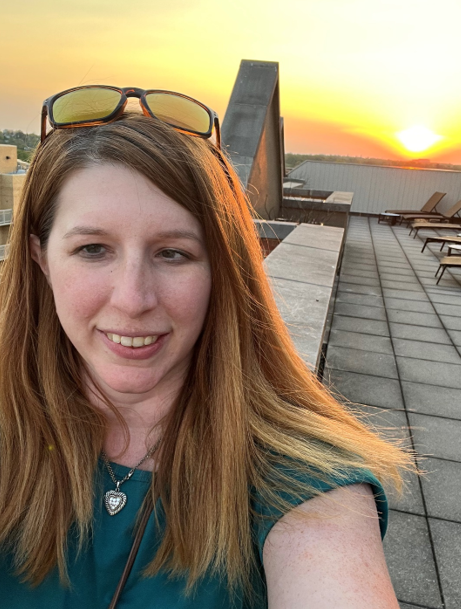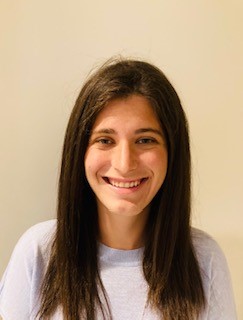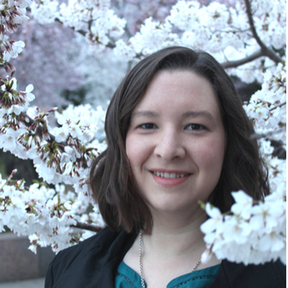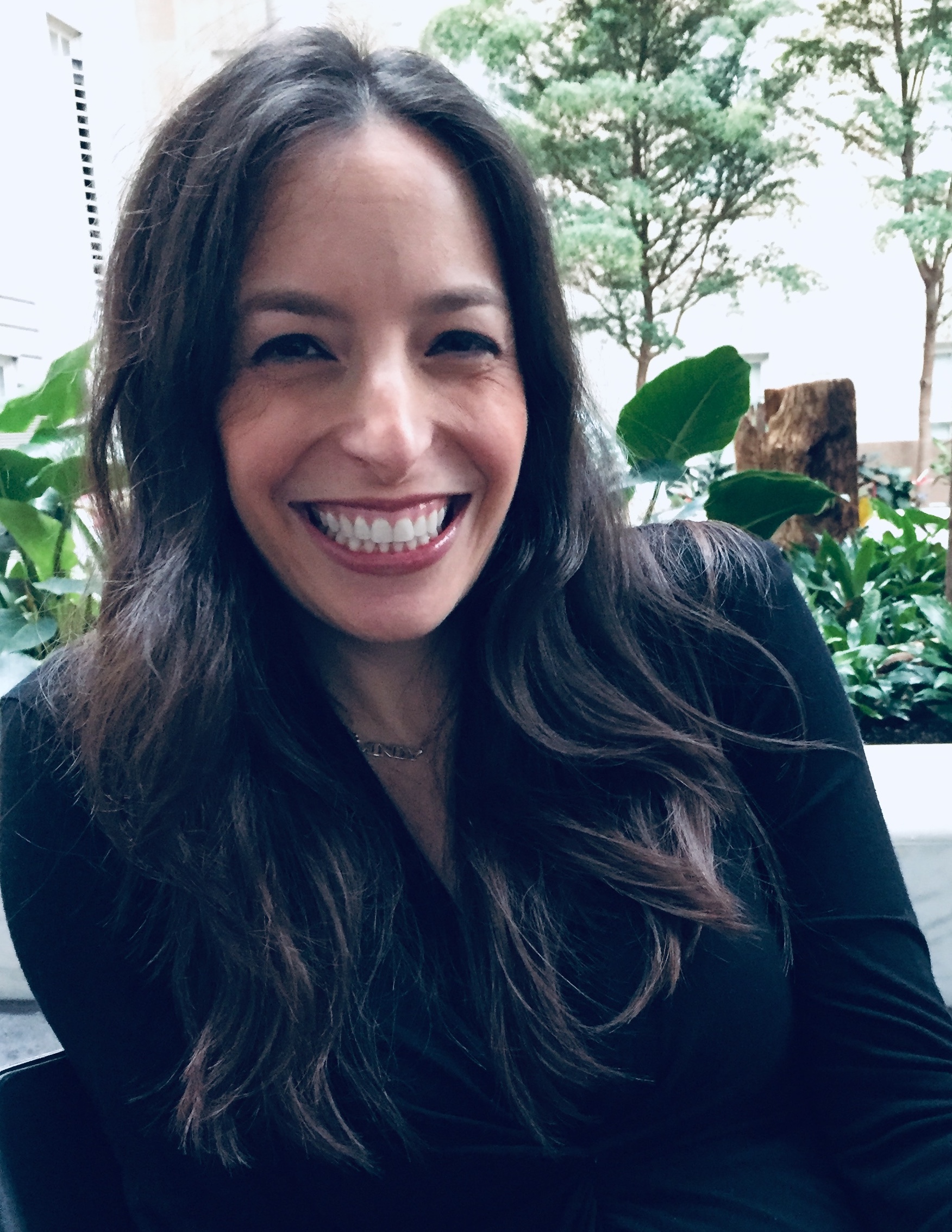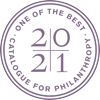This program is being offered virtually through Zoom. In order to participate and receive the Zoom link, register by clicking the RSVP button above or by emailing programs@smithcenter.org.
You will receive the Zoom information no later than the morning of your program.
with Lisa Hahn

This healing circle is for people who are 45 and older who are living and thriving with Metastatic Breast Cancer. This peer-led circle will provide a safe place to connect, support and share with one another.
What is a Healing Circle?
Healing Circles bring together small numbers of people impacted by a condition or circumstance to share experiences and harvest collective wisdom. Healing Circles is a peer-led process by which people support each other through deep listening and shared learning. When working at its best, this collaborative conversation model leads to authentic and deep connectivity and can create wisdom and healing for participants.
This Healing Circle will meet Monthly on the 2nd Wednesday from 5:15-6:45pm ET.
About Lisa Hahn
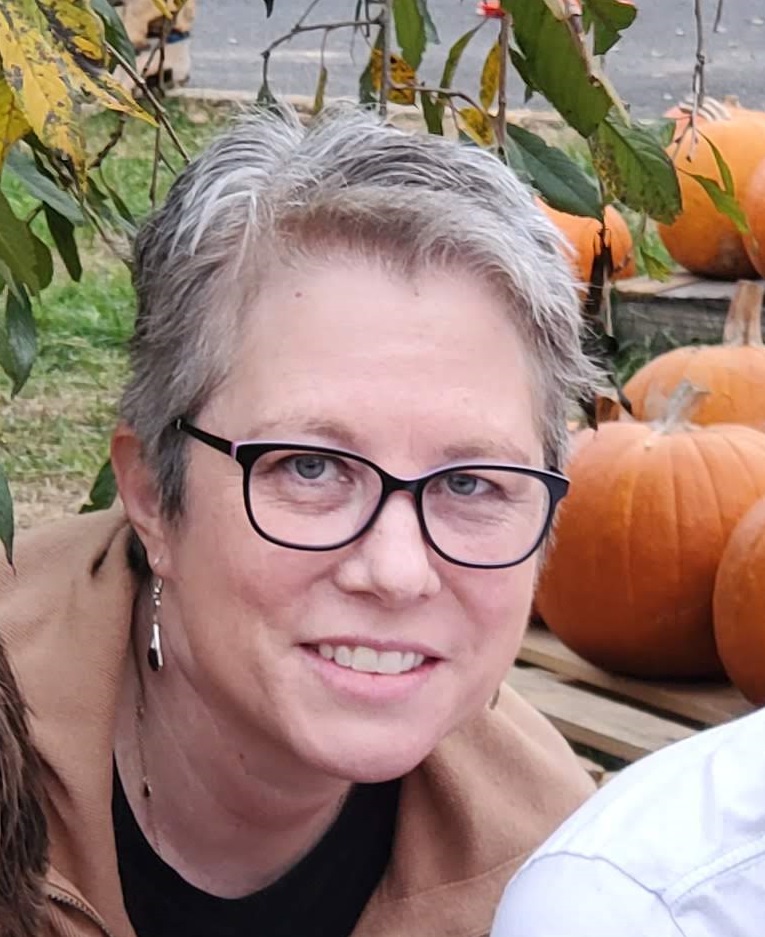
Lisa Hahn was diagnosed with MBC de novo in the Fall of 2019. In addition to working full-time and attending doctor appointments, she is always looking for a new exercise class and tries to maintain a consistent yoga and pilates practice. Her background in the arts as a former ballet dancer and arts council program officer have given her a strong appreciation for the arts and she is a regular attendee at the Smith Center. She lives in Alexandria with her husband, two teenage boys and two cats and you can follow her on Instagram @dancingwithmbc
In order to participate, register by clicking the RSVP button above or by emailing programs@smithcenter.org.
with Julia Rowland, Ph.D

Hearing the words, ‘there is no evidence of disease,’ may not be fully reassuring when cancer treatment ends. Worry that you may still have cancer (or develop it again!) can be overwhelming. Fear of cancer recurrence is the most common long-term effect of living with a history of cancer. If this is true for you, you are not alone. Come learn about the triggers of fear, and simple tools you can use to tame your own worry demon and reclaim your plans for the future.
About Julia H. Rowland, Ph.D.
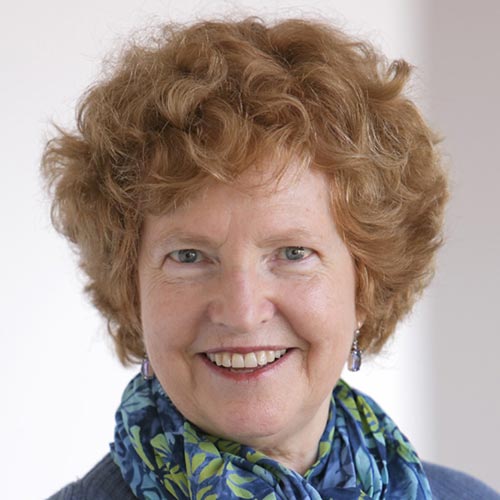
Julia Rowland, PhD, who joined Smith Center in October 2017, comes to this position as a long-time clinician, researcher and teacher in the area of psychosocial aspects of cancer. She has worked with and conducted competitively funded research among both pediatric and adult cancer survivors and their families, and published broadly in psycho-oncology, including co-editing, along with Dr. Jimmie Holland, the ground-breaking text, Handbook of Psychooncology. She has also been a frequent speaker on cancer survivorship, or life after cancer, for both professional and lay audiences.
Julia received her PhD in Developmental Psychology from Columbia University and completed a post-doctoral fellowship at Memorial Sloan-Kettering Cancer Center in psychosocial oncology. While at MSKCC, where she held joint appointments in pediatrics and neurology, Julia helped to develop and was the first Director of the Post-Treatment Resource Program, one of the first non-medical survivorship care programs to be offered by a major cancer center in the U.S. In 1990 she moved with her husband and two young children to Washington, DC to become founding Director of the Psycho-Oncology Program at Georgetown University and the Lombardi Cancer Center. There she helped expand services to meet the psychosocial needs of cancer patients and families, launched some of the first quality of life clinical trials, and also introduced a program to enable first year medical students to learn the art of caring for those living through and beyond cancer from survivors themselves and Lombardi faculty. Nine years later, in September of 1999, she was recruited to the National Cancer Institute to become the first, full-time Director of the Office of Cancer Survivorship, a position in which she served for 18 years, championing the growth of survivorship research and care, before stepping down in September 2017 to assume her new role at Smith Center. Although new to the team, Julia is no stranger to Smith Center. She knew Smith Center’s founder, Barbara Smith Coleman, and has volunteered her expertise across the years as a speaker, group leader and staff member for both the 1-day and weeklong residential retreats. Julia brings to her new role a passion to translate what research has taught us about healing in the context of cancer to the broader community, in essence, taking the science of survivorship from the lab bench to the park bench.
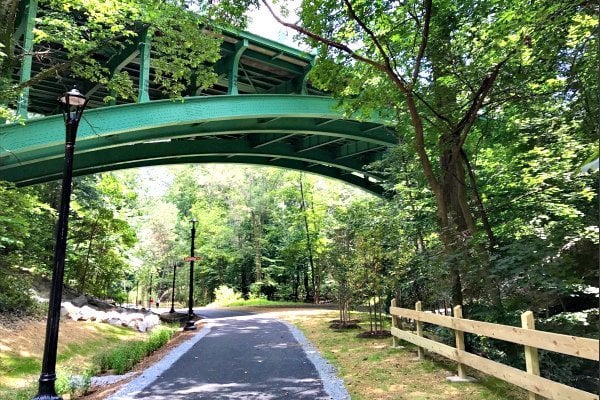
Join other young adult cancer survivors (those in their 20s, 30s, and early 40s) for a morning of hiking at Beverly Triton Nature Park in Edgewater, MD.
If you need a ride or are willing to drive other participants, please let us know.
The hike is suitable for all levels and will end with a bring your own picnic lunch – so pack something delicious to eat (we’ll have a cooler to store it). Plan to wear comfortable walking shoes, athletic pants, and non-cotton layers. Bring plenty of water and a hat and sunglasses for added sun protection, in addition to sunscreen.
The event will run until approximately 12:00pm (we plan to finish the hike around 11:00am and enjoy a picnic lunch for an hour). For more information about the meeting location, please RSVP.
*NOTE: This hike is open to young adult cancer survivors in their 20s, 30s and early 40s and their guests (friends and family welcome to attend with their loved one).
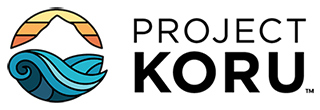
This hike is co-hosted by Project Koru.
Project Koru enriches lives through community and the outdoors as a way to move forward beyond cancer. Young adults diagnosed with cancer face a unique set of challenges. With the right support, the weight of these challenges can be mitigated; that’s why we exist!
This program is also offered in partnership with:
 .
. 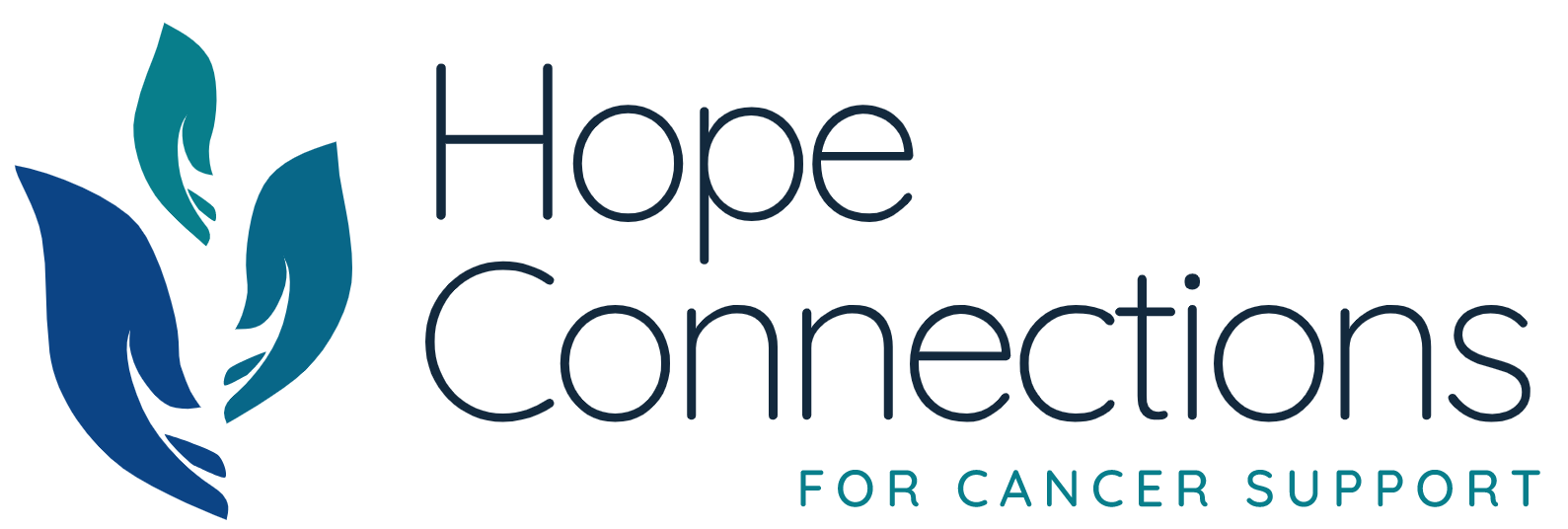 .
. 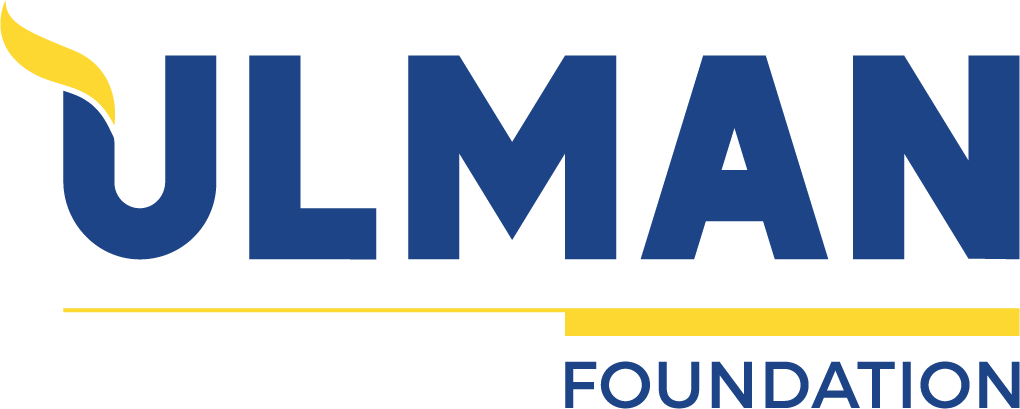
Social Distance and Mask Policy
For this hike and picnic, we will be outside the entire time and encourage participants to maintain adequate physical distance during the program. We encourage those who are unvaccinated to wear a mask while participating in the hike. For those that are vaccinated, masks are optional based on your comfort level.
